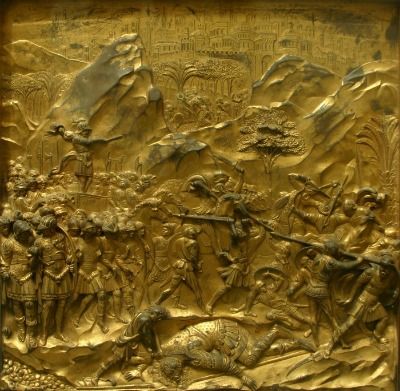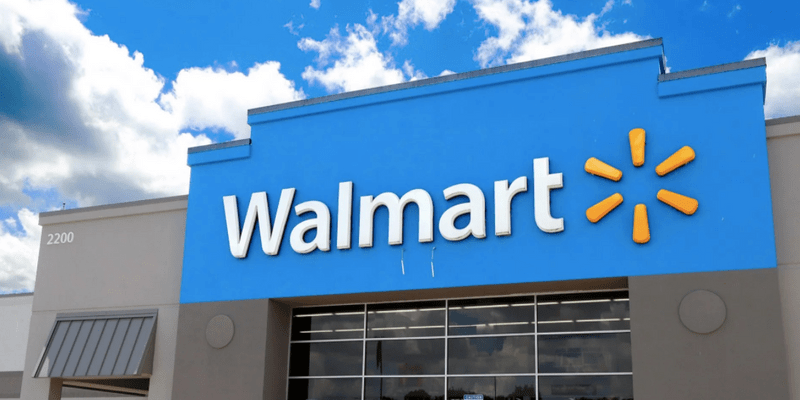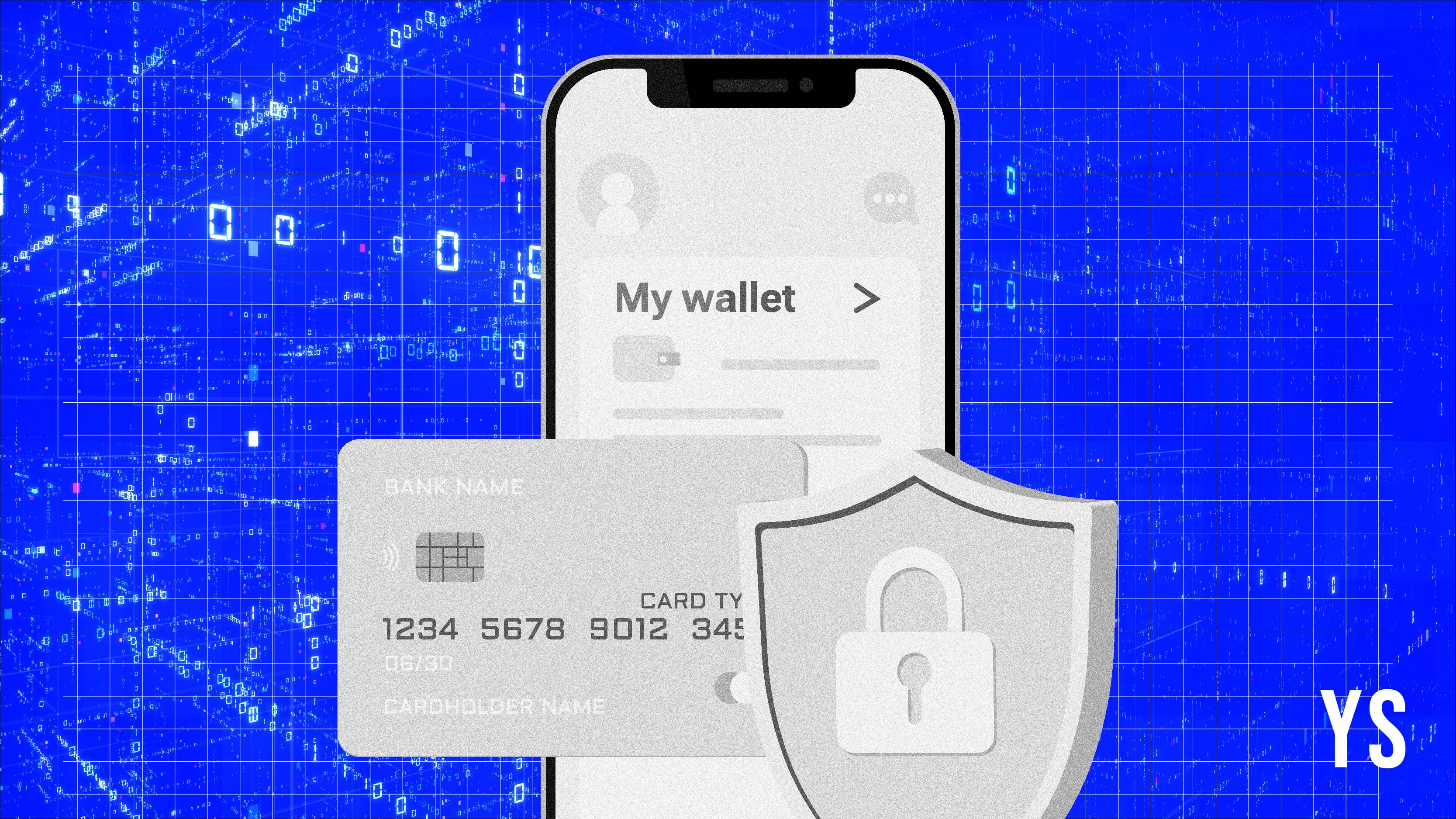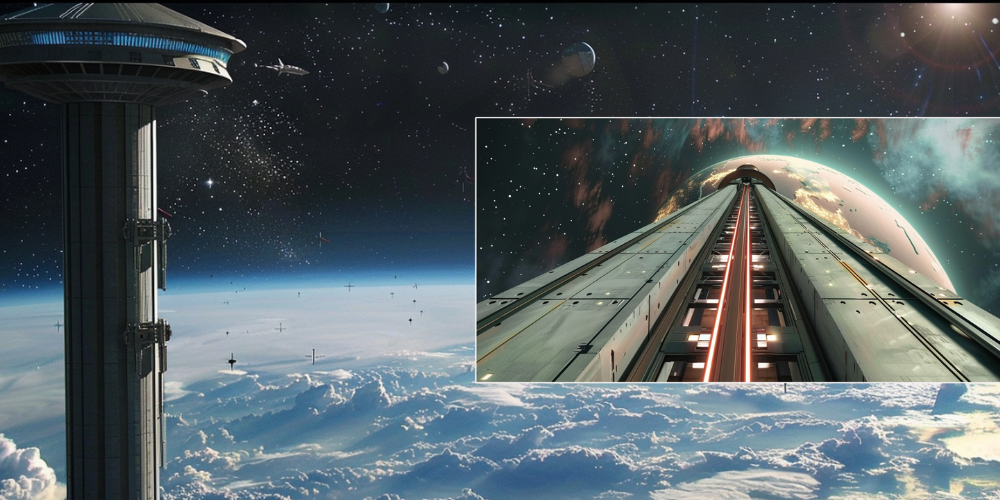David vs. Goliath: Who Knew the Underdog Has the Advantage?
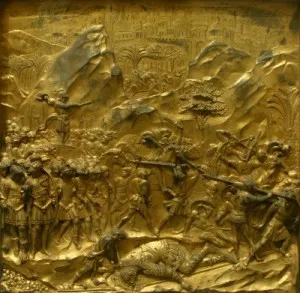
Malcolm Gladwell’s latest book, David and Goliath: Underdogs, Misfits, and the Art of Battling Giants (2013), is provocative. He makes several points about mismatched contests. Although he does not use any business or brand examples, many of his points could have been drawn from the world of business strategy.Firstly, the “giant’s” advantages can also be a source of weakness. Goliath was huge and strong but the size he was blessed with caused him to be slow and have bad eyesight. The giant firm is really good at their business model; they are financially successful and make incremental improvements each year which apparently make them even more formidable. As a result, there is no incentive for them to change. The current system is working very well, but that “stick-to-your-knitting” concept makes them vulnerable. Another giant firm advantage is size and the resulting clout in the marketplace. The problem is that an innovative offering or way of doing business will at the outset be just too small to be material. Why bother with a small irritant? Just ignore it. That has held back McDonald’s, Microsoft, and Coca-Cola over the years.
Secondly, the underdog is assumed to play by the same rules of competition that the Giant is used to. Goliath expected David to fight with swords, armor, and shield, but David was not about to do that. Rather, he changed the rules. Consider Amazon taking on Walmart or Southwest Airlines beating up on Braniff International Airways. In both cases, the underdog completely changed the rules of the game and the nature of competition. Neither would have won in a “fair” fight on the terms of the “giant.”
Thirdly, simply being an underdog changes the perceptions of onlookers and of the underdog themselves. People can’t help but root for the underdog and take pride in their success. The underdog will work harder and more creatively in spite of their status. British Airways would not have taken the business and brand risks that Virgin did, nor did they avoid being outworked. The small water brands that took on Coca-Cola and won were driven by people who worked long hours and found creative ways to gain brand strength and distribution that larger competitors could not duplicate.
I am reminded of an insightful book, Eating the Big Fish: How Challenger Brands Can Compete Against Brand Leaders, by Adam Morgan and published over ten years ago, that examines successful challenger brands. He developed success factors or credos that were associated with those winners such as:
- Build a lighthouse identity: develop a visible clearly defined brand
- Assume thought leadership, and create energy and momentum
- Create symbols of reevaluation: give customers a reason to change
- Sacrifice: marshal your resources to fund the big ideas
- Overcommit: don’t go halfway
A more recent book by Killing Giants by Stephen Denny has another ten strategies to win against the Goliath firm. They include
- Change the nature of competition as Samuel Adams did in beer
- Be faster in everything
- Seize the microphone
- Develop advantages in a few areas that provide
The underdog has the advantage. Who knew?






